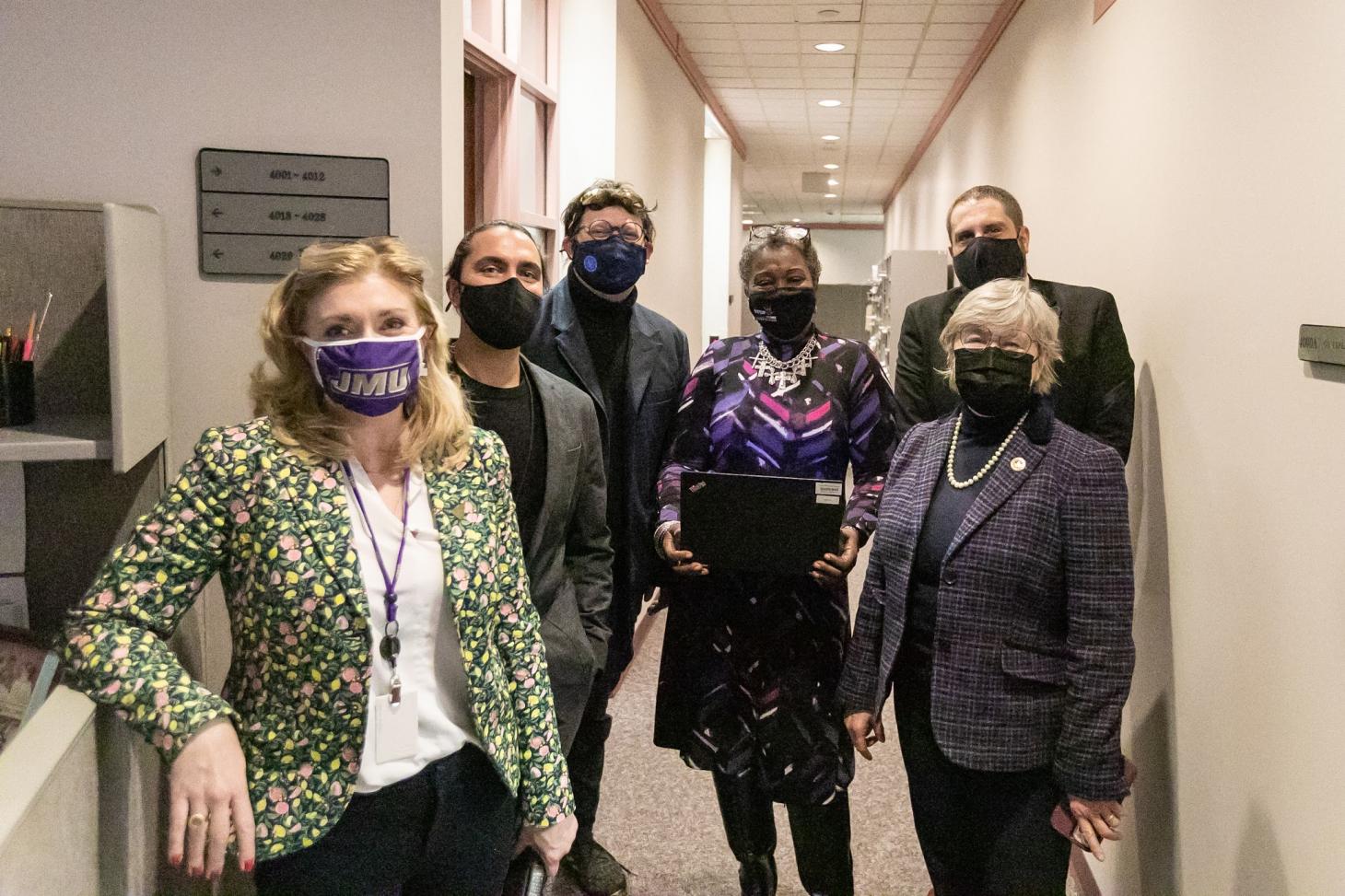|
American Rescue Plan Business Assistance
Last week, Congress officially passed the American Rescue Plan (ARP), and it was signed into law by President Biden.
To help Connecticut residents understand the details of the bill and how it can potentially provide assistance during the recovery from the COVID-19 pandemic, Senator Chris Murphy's officehas provided us with the below list of the bill's highlights related to aid for small businesses, sole proprietors, and restaurants.
Expanded PPP Eligibility:This bill expands PPP eligibility to include additional nonprofits such as 501(c)(5) labor and agricultural organizations and community locations of larger nonprofits and provides $7 billion for that purpose. Nonprofits are a significant sector in the economy and are on the frontlines of providing social services during this crisis. An additional $250 million is also provided to expand PPP eligibility for digital news services that provide local news and lifesaving information about public health guidance during the pandemic. The current deadline to apply for a PPP loan is March 31, 2021. To find a lender and apply for a loan, click HERE.
Targeted Economic Injury Disaster Loans (EIDL) Grants:The bill will add $15 billion in new funding for Targeted EIDL grants to provide hard-hit, underserved small businesses with increased flexible grant relief. These grants will be particularly helpful for very small businesses and sole proprietors, which include over 90 percent of minority-owned businesses that have been disproportionately devastated by this crisis. For information on these grants and to apply, click HERE.
Restaurants:The bill will provide $28.6 billion in direct relief for the restaurant industry through the creation of a grant program as envisioned in the RESTAURANTS (Real Economic Support That Acknowledges Unique Restaurant Assistance Needed to Survive) Act. The restaurant industry has been among the hardest hit during the pandemic. Over 110,000 restaurants and bars – more than one in six across the country – have closed permanently or long-term, causing the loss of over 2.4 million jobs. It is estimated that independent restaurants – small, mom-and-pop restaurants – lost over $135 billion in sales last year, while the broader industry lost $240 billion. While PPP has offered some vital assistance to the nation’s restaurants, a significant need still exists, especially for smaller restaurants. Applications for the new Restaurant Revitalization Fund are not yet open. For additional information, click HERE.
Shuttered Venue Operators Grant Program:This bill provides $1.25 billion in additional funds for the Shuttered Venue Operators Grant Program because last year’s end-of-year package did not include sufficient funding to ensure all eligible applicants would be covered based on rough estimates. Eligible applicants can now access both the Shuttered Venue Operators Grant and PPP to address SVOG’s delayed start. The application form is still in the process of being created for this grant. For a list of FAQ related to the grant (including who is eligible and when applications might begin to be accepted), click HERE.
Community Navigator Technical Assistance and Administrative Funding:The bill provides $175 million in new assistance to fund community organizations, SBA resource partners, and community financial institutions with experience working in minority, immigrant, and rural communities to serve as community navigators to help connect small business owners in these communities to critical resources, including small business loans, business licenses, and federal, state, and local business assistance programs. The bill also includes $1.325 billion to support SBA’s mission and to administer the new grants and other relief programs. For information on this pilot program, click HERE. |

